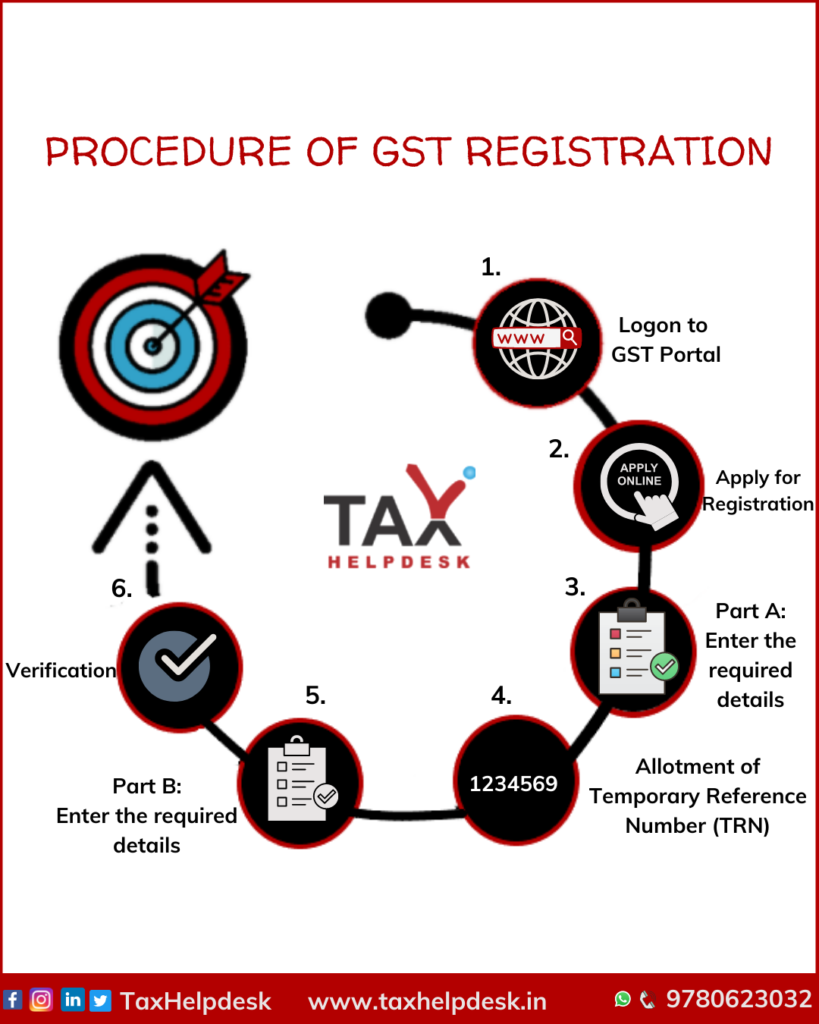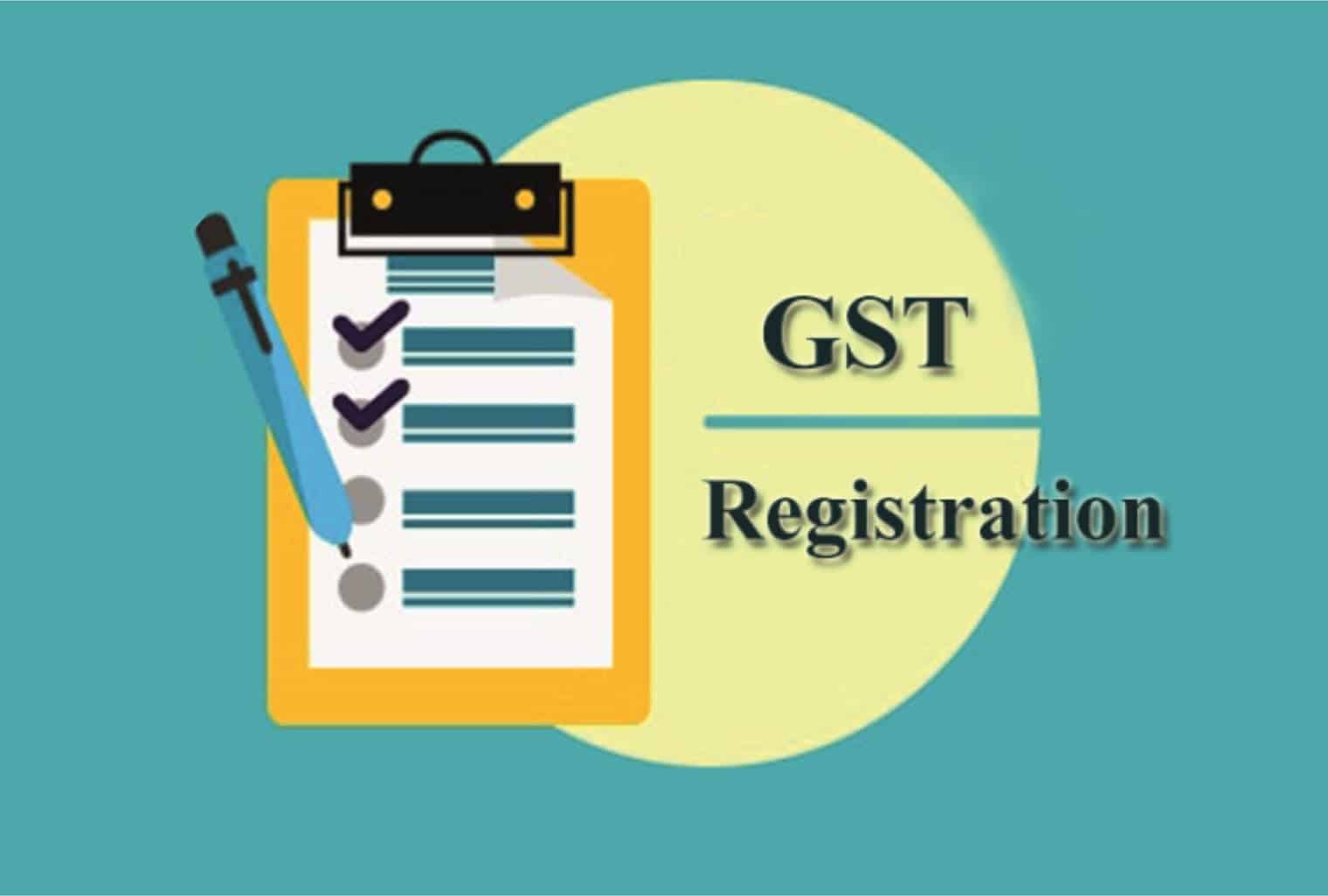The Ultimate Guide to Simplifying the GST Registration Process and Requirements for Local Business Owners

Recognizing GST Essentials
To understand the fundamentals of the Item and Solutions Tax (GST) system, small company proprietors must first understand its underlying implications and principles. GST is a value-added tax levied on many items and solutions for domestic consumption. It intends to improve the taxes procedure by changing numerous indirect tax obligations enforced by the state and central federal governments. Under the GST program, services are required to collect and sign up tax obligation in behalf of the federal government, making sure transparency and compliance.
One of the key principles of GST is input tax obligation credit history, which permits businesses to claim debt for taxes paid on their purchases. Comprehending these fundamental concepts is critical for small company owners to navigate the complexities of the GST system and make sure conformity with the law.
Eligibility Requirements for Enrollment
Having actually developed a foundational understanding of GST concepts, tiny organization owners have to now meet certain eligibility standards to proceed with the enrollment procedure (Singapore GST Registration). Businesses that were registered under the previous tax obligation program (BARREL, service tax obligation, and so on) are likewise mandated to sign up under GST. Agricultural services that only provide produce out of main manufacturing are exempt from GST enrollment.
Documents Needed for GST Enrollment

Simplified Enrollment Refine Steps
Following the collection and verification of the requisite records, the enrollment process for GST can be navigated via a collection of simplified steps designed to promote effective compliance for local business owners. The first step includes visiting the GST website and choosing the 'New Registration' alternative. Ultimately, the applicant must load in Part A of the GST REG-01 form with information such as PAN, mobile number, and e-mail address to obtain an OTP for confirmation. Once the OTP is obtained and entered, a Temporary Referral Number click this (TRN) is generated for more proceedings. The following step needs filling out Component B of the form with needed business information, uploading sustaining documents, and completing the confirmation process utilizing DSC or EVC. Finally, upon successful confirmation, an Application Reference Number (ARN) is provided, showing the completion of the GST enrollment procedure. By adhering to these simplified actions, local business proprietors can efficiently sign up for GST and make certain compliance with tax guidelines.
Tips for Ensuring Compliance
To keep regulatory adherence and operational integrity, persistent oversight and positive procedures are crucial in ensuring compliance with GST requirements for small company proprietors. Little service proprietors have to remain upgraded with GST laws, submitting target dates, and any kind of adjustments in tax obligation prices to stay clear of fines and keep an excellent standing with tax obligation authorities. Participating in GST recognition look here workshops or training programs can improve understanding and conformity with GST policies, eventually benefiting the company in the long run.
Conclusion
To conclude, tiny organization proprietors have to recognize the fundamentals of GST, satisfy the eligibility criteria, gather essential records, and adhere to the streamlined registration process steps to ensure conformity. By streamlining the GST registration process and needs, small company proprietors can prevent penalties and run their services smoothly within the legal structure - Singapore GST Registration. It is critical for small company owners to remain educated and compliant with GST guidelines to maintain a successful company procedure
Tiny business owners seeking GST enrollment should ensure they collect and submit the essential papers to complete the enrollment process effectively. The documents needed for GST registration commonly include evidence of company enrollment or consolidation, FRYING PAN (Long-term Account Number) card of the business identification, address and entity evidence of the promoters/partners/directors, photographs, address evidence of the area of company, financial institution account statements or terminated cheques, and authorization types. Participating in GST understanding workshops or training programs can boost understanding and compliance with GST guidelines, inevitably benefiting the service in the lengthy run.
By simplifying the GST enrollment process and demands, tiny business owners can stay clear of penalties and operate their services efficiently within the legal structure. It is critical for little organization owners to check out here remain informed and compliant with GST policies to preserve an effective company operation.